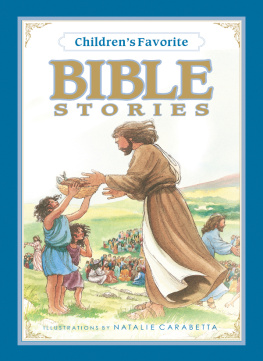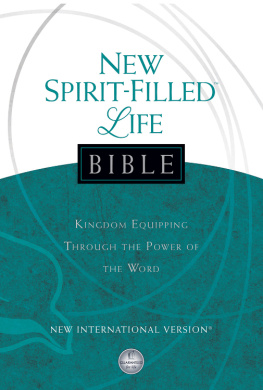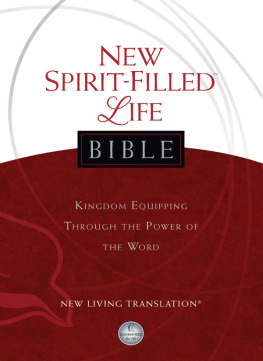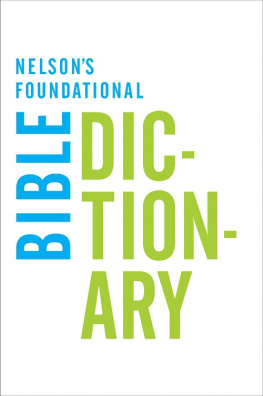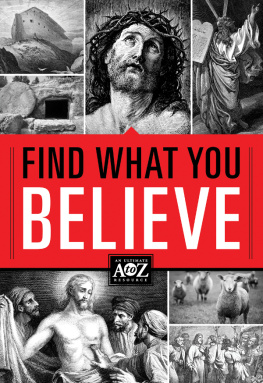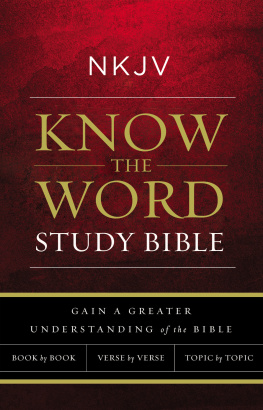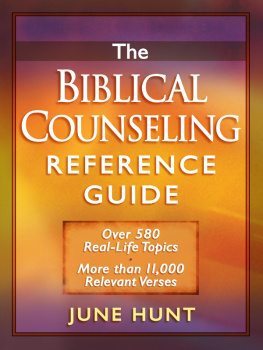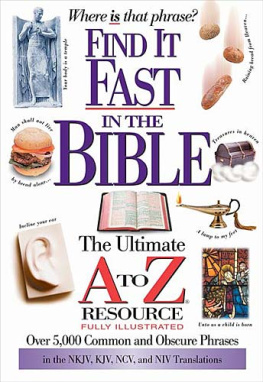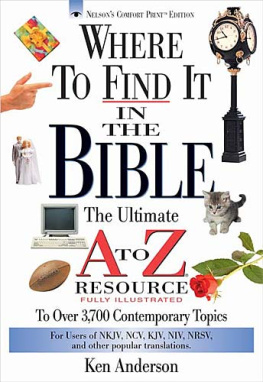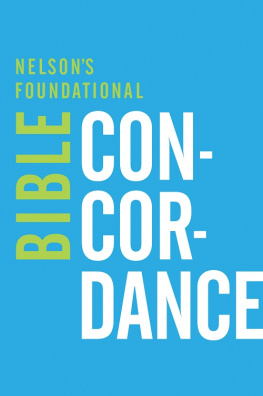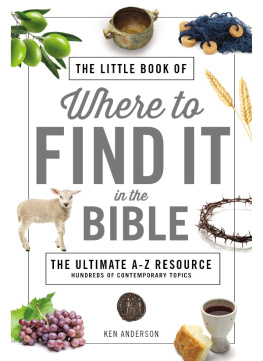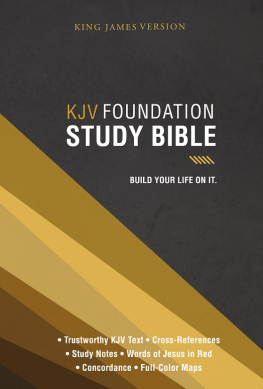Thomas Nelson - What Does the Bible Say About...
Here you can read online Thomas Nelson - What Does the Bible Say About... full text of the book (entire story) in english for free. Download pdf and epub, get meaning, cover and reviews about this ebook. year: 2022, publisher: Thomas Nelson, genre: Religion. Description of the work, (preface) as well as reviews are available. Best literature library LitArk.com created for fans of good reading and offers a wide selection of genres:
Romance novel
Science fiction
Adventure
Detective
Science
History
Home and family
Prose
Art
Politics
Computer
Non-fiction
Religion
Business
Children
Humor
Choose a favorite category and find really read worthwhile books. Enjoy immersion in the world of imagination, feel the emotions of the characters or learn something new for yourself, make an fascinating discovery.
- Book:What Does the Bible Say About...
- Author:
- Publisher:Thomas Nelson
- Genre:
- Year:2022
- Rating:4 / 5
- Favourites:Add to favourites
- Your mark:
What Does the Bible Say About...: summary, description and annotation
We offer to read an annotation, description, summary or preface (depends on what the author of the book "What Does the Bible Say About..." wrote himself). If you haven't found the necessary information about the book — write in the comments, we will try to find it.
Have you ever wondered: what does the Bible have to say about___?
Now you fill in the blank.
This Ultimate A to Z Resource applies biblical insight to hundreds of contemporary topics ranging from:
In this handy, portable index, you can easily locate any topicfrom the broad (conflict resolution, anxiety, and companionship), to the very specific (contracts, debt, and pornography). Each entry contains a summary of the topic, theological/biblical considerations, and verse references to point you directly to the larger scriptural context.
The Bible may be 2,000 years old, but it has relevant and wise words on just about any subject, ancient or modernit is the Living Word of God, and this quick guide is one great way to familiarize yourself with its contents...one topic at a time.
Also contains illustrations from Christian cartoonist Jonny Hawkins.
Thomas Nelson: author's other books
Who wrote What Does the Bible Say About...? Find out the surname, the name of the author of the book and a list of all author's works by series.

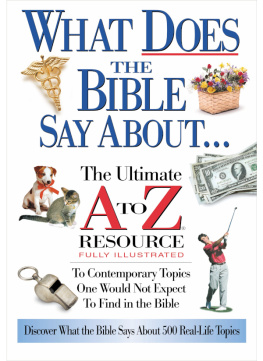
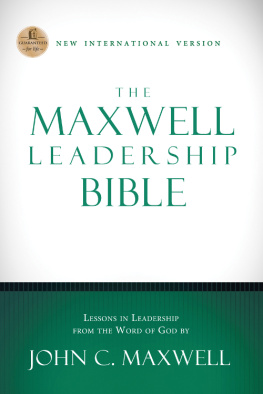
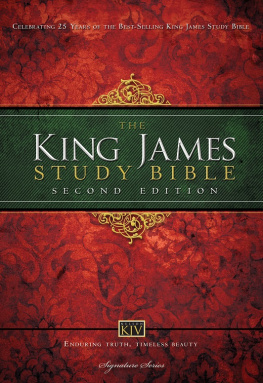
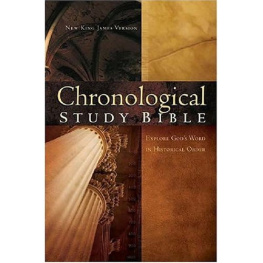
![Thomas Nelson - The NKJV Study Bible [Full-Color Edition]](/uploads/posts/book/79115/thumbs/thomas-nelson-the-nkjv-study-bible-full-color.jpg)
